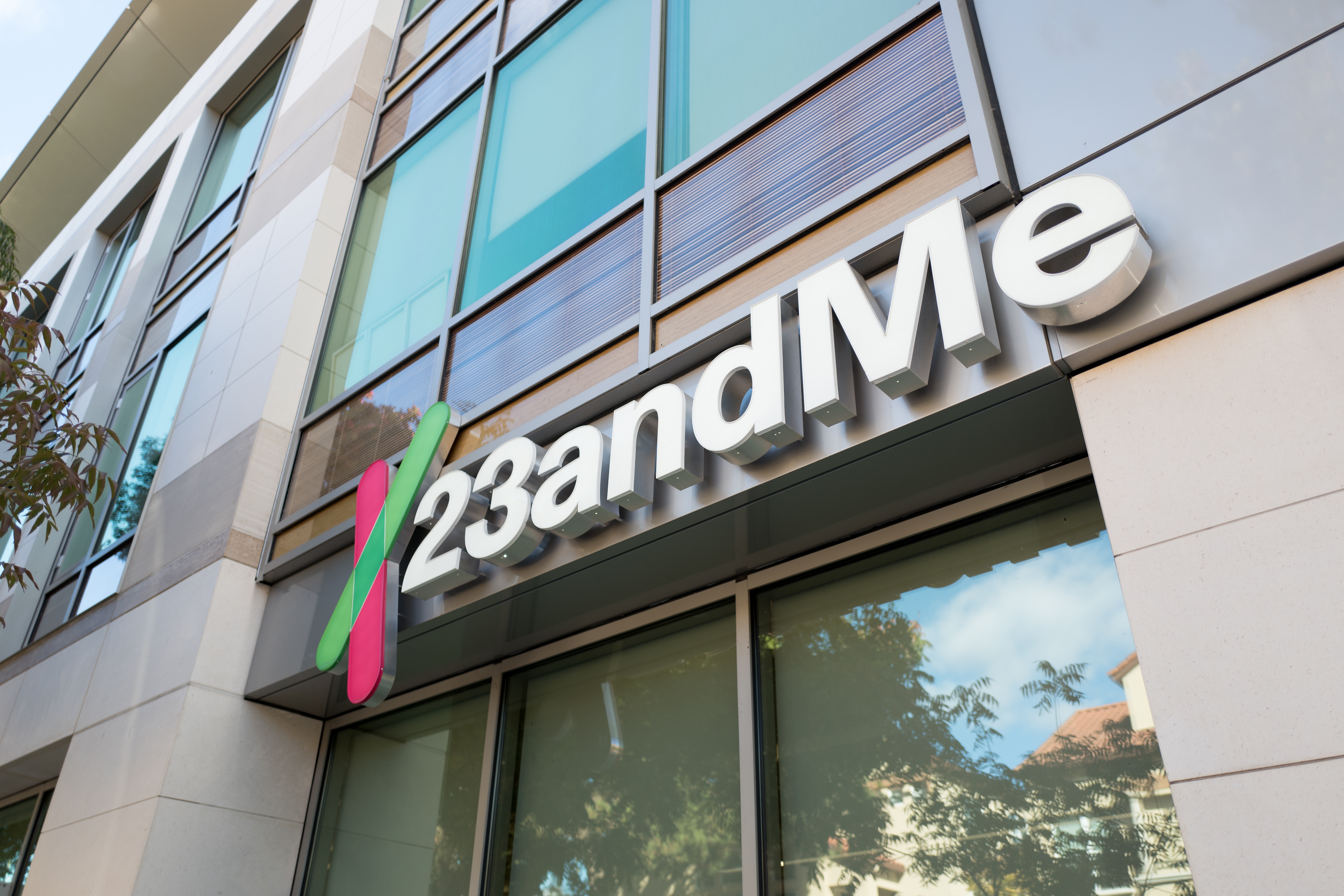Is it time to criminalise data breach cover ups?
As the US proposes criminalising data breach cover ups, we explore whether the UK should do the same.


There is also the simple argument that people want companies to come under greater scrutiny.
LogRhythm research has shown 70 per cent of UK consumers want more prescriptive regulations and 80 per cent support compulsory data loss disclosure.
With so many people wanting stricter laws, it would make sense for companies to really shore up their security something that would benefit everyone from the consumer to the company chief executive.
"Organisations need to move quickly to ensure that their security systems are ready for any data breach disclosure regulations, and that they do not fall into the trap of viewing compliance as a one-time only requirement otherwise, they are risking severe penalties," said Ross Brewer, vice president and managing director for international markets at LogRhythm.
"While the UK is still behind the US in implementing such name and shame' legislation, it's only a matter of time before similar laws requiring mandatory data breach notifications are implemented here."
Time for the ICO to shine?
When laws eventually do come into force making concealment of data breaches a criminal offence, as they are likely to do, it could be the time when the ICO receives praise rather than denigration.
Sign up today and you will receive a free copy of our Future Focus 2025 report - the leading guidance on AI, cybersecurity and other IT challenges as per 700+ senior executives
The body has been slammed in the past for not being harsh enough, particularly on private companies. Many thought Google got off very lightly after the Street View scandal. The small fine handed to ACS:Law owner Andrew Crossley did not go down well in some corners either.
When businesses can no longer hide their data offences, however, the ICO won't have many excuses to shy away from fining perpetrators.
If the ICO fails to act sternly when that time comes, it won't be doing itself any favours.
The watchdog has shown it is not afraid to hit public sector firms with significant fines.
It should show that same attitude to private companies too, so citizens' data is universally protected.
Tom Brewster is currently an associate editor at Forbes and an award-winning journalist who covers cyber security, surveillance, and privacy. Starting his career at ITPro as a staff writer and working up to a senior staff writer role, Tom has been covering the tech industry for more than ten years and is considered one of the leading journalists in his specialism.
He is a proud alum of the University of Sheffield where he secured an undergraduate degree in English Literature before undertaking a certification from General Assembly in web development.
-
 LastPass hit with ICO fine after 2022 data breach exposed 1.6 million users – here’s how the incident unfolded
LastPass hit with ICO fine after 2022 data breach exposed 1.6 million users – here’s how the incident unfoldedNews The impact of the LastPass breach was felt by customers as late as December 2024
-
 23andMe 'failed to take basic steps' to safeguard customer data
23andMe 'failed to take basic steps' to safeguard customer dataNews The ICO has strong criticism for the way the genetic testing company responded to a 2023 breach.
-
 AI recruitment tools are still a privacy nightmare – here's how the ICO plans to crack down on misuse
AI recruitment tools are still a privacy nightmare – here's how the ICO plans to crack down on misuseNews The ICO has issued guidance for recruiters and AI developers after finding that many are mishandling data
-
 “You must do better”: Information Commissioner John Edwards calls on firms to beef up support for data breach victims
“You must do better”: Information Commissioner John Edwards calls on firms to beef up support for data breach victimsNews Companies need to treat victims with swift, practical action, according to the ICO
-
 LinkedIn backtracks on AI training rules after user backlash
LinkedIn backtracks on AI training rules after user backlashNews UK-based LinkedIn users will now get the same protections as those elsewhere in Europe
-
 UK's data protection watchdog deepens cooperation with National Crime Agency
UK's data protection watchdog deepens cooperation with National Crime AgencyNews The two bodies want to improve the support given to organizations experiencing cyber attacks and ransomware recovery
-
 ICO slams Electoral Commission over security failures
ICO slams Electoral Commission over security failuresNews The Electoral Commission has been reprimanded for poor security practices, including a failure to install security updates and weak password policies
-
 Disgruntled ex-employees are using ‘weaponized’ data subject access requests to pester firms
Disgruntled ex-employees are using ‘weaponized’ data subject access requests to pester firmsNews Some disgruntled staff are using DSARs as a means to pressure former employers into a financial settlement


